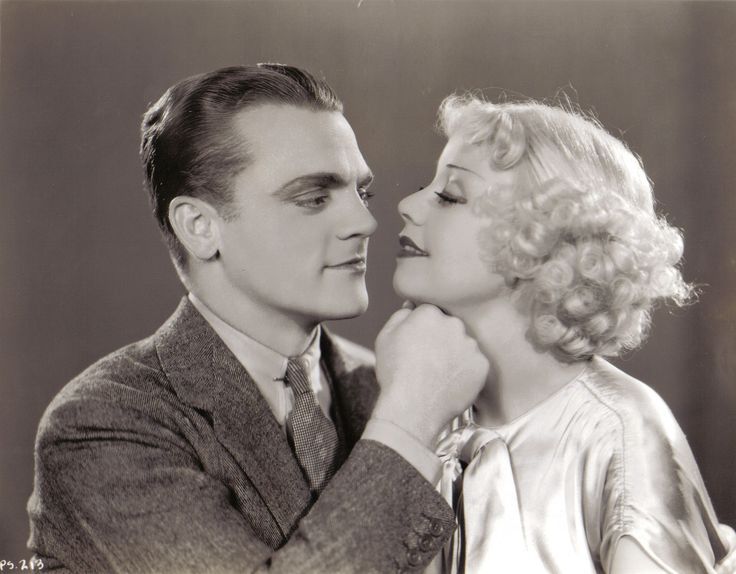- Messages
- 10,065
- Location
- New Forest
Well I wouldn't describe my father as aloof, assertive maybe and strong willed, but he loved his kids, all four of us. He raised us single handed and had to work. Mother left him a widower with four kids under the age of ten.I'd say that a lot of men who come from single parent (which is typically only a mother) beat men that come from aloof father homes in the maturity department. Simply because they likely had to pitch in to help their family survive.
What you say about pitching in is so true. We survived because we all chipped in. I remember taking our washing to the laundromat because we didn't have a washing machine, I quickly learned the various solutions to add and when. My sisters learned to iron the clean laundry and we all learned to cook, although Dad was usually the chef. He was also the cleaner, the wage earner and as comforting as a mother when it called for it.
Dad survived mother by some 53 years, she died in 1956 aged 33, dad was 92 when he died, in 2009.




